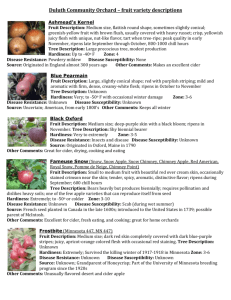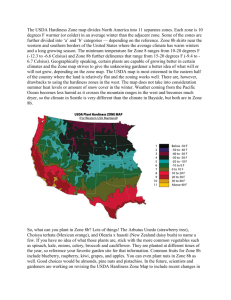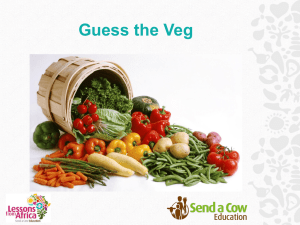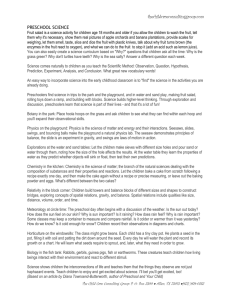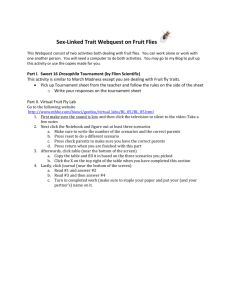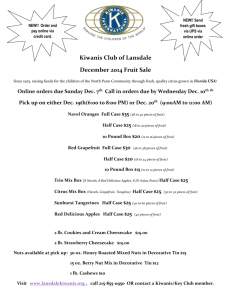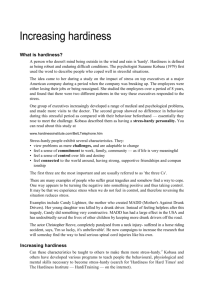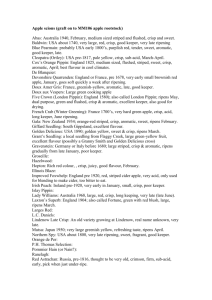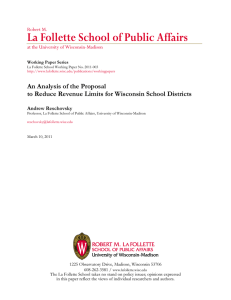UMD Seedling Trial Orchard – selected fruit variety descriptions
advertisement
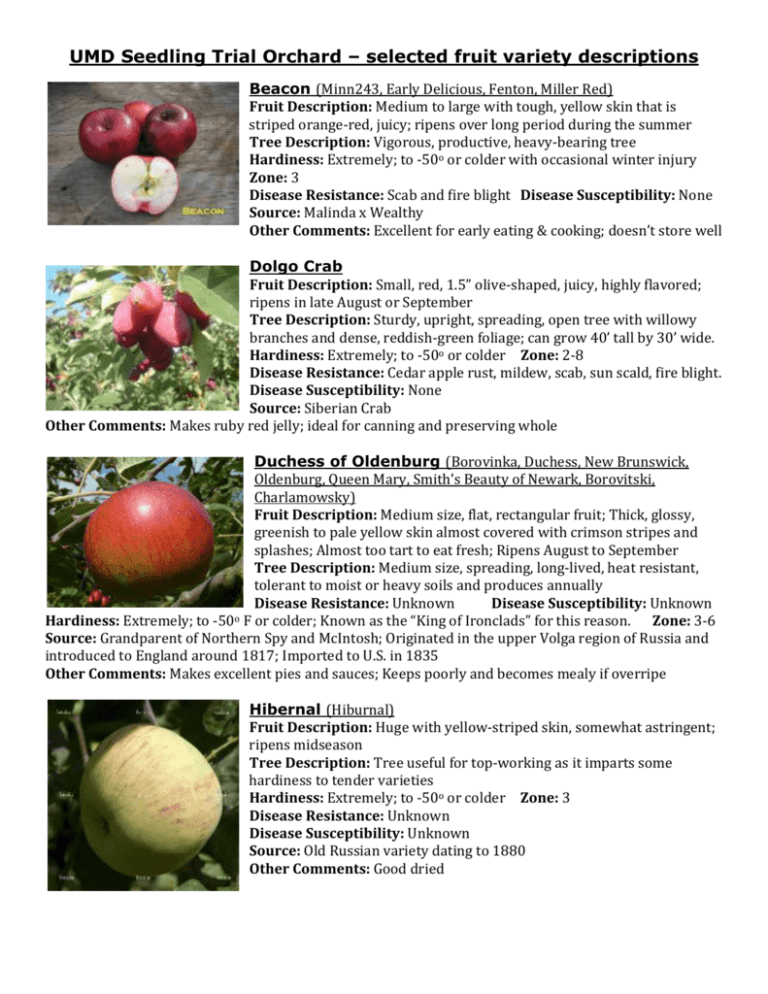
UMD Seedling Trial Orchard – selected fruit variety descriptions Beacon (Minn243, Early Delicious, Fenton, Miller Red) Fruit Description: Medium to large with tough, yellow skin that is striped orange-red, juicy; ripens over long period during the summer Tree Description: Vigorous, productive, heavy-bearing tree Hardiness: Extremely; to -50o or colder with occasional winter injury Zone: 3 Disease Resistance: Scab and fire blight Disease Susceptibility: None Source: Malinda x Wealthy Other Comments: Excellent for early eating & cooking; doesn’t store well Dolgo Crab Fruit Description: Small, red, 1.5” olive-shaped, juicy, highly flavored; ripens in late August or September Tree Description: Sturdy, upright, spreading, open tree with willowy branches and dense, reddish-green foliage; can grow 40’ tall by 30’ wide. Hardiness: Extremely; to -50o or colder Zone: 2-8 Disease Resistance: Cedar apple rust, mildew, scab, sun scald, fire blight. Disease Susceptibility: None Source: Siberian Crab Other Comments: Makes ruby red jelly; ideal for canning and preserving whole Duchess of Oldenburg (Borovinka, Duchess, New Brunswick, Oldenburg, Queen Mary, Smith’s Beauty of Newark, Borovitski, Charlamowsky) Fruit Description: Medium size, flat, rectangular fruit; Thick, glossy, greenish to pale yellow skin almost covered with crimson stripes and splashes; Almost too tart to eat fresh; Ripens August to September Tree Description: Medium size, spreading, long-lived, heat resistant, tolerant to moist or heavy soils and produces annually Disease Resistance: Unknown Disease Susceptibility: Unknown Hardiness: Extremely; to -50o F or colder; Known as the “King of Ironclads” for this reason. Zone: 3-6 Source: Grandparent of Northern Spy and McIntosh; Originated in the upper Volga region of Russia and introduced to England around 1817; Imported to U.S. in 1835 Other Comments: Makes excellent pies and sauces; Keeps poorly and becomes mealy if overripe Hibernal (Hiburnal) Fruit Description: Huge with yellow-striped skin, somewhat astringent; ripens midseason Tree Description: Tree useful for top-working as it imparts some hardiness to tender varieties Hardiness: Extremely; to -50o or colder Zone: 3 Disease Resistance: Unknown Disease Susceptibility: Unknown Source: Old Russian variety dating to 1880 Other Comments: Good dried Minjon (MN 700) Fruit Description: Brilliant, all red; sharp flavor that mellows with age; hangs tightly to tree until picked; ripens in late fall Tree Description: Productive, bears heavy loads annually Hardiness: Very; to -50o with occasional winter injury Zone: 3; thrives in northern Minnesota Disease Resistance: Unknown Disease Susceptibility: Unknown Source: Unknown; Developed at the University of Minnesota in 1942 Patton (Image not available) Fruit Description: Medium, long, conical fruit with green-red to dark-red skin color; Tart flavor that mellows with storage; Ripens over a 3-4 week period Tree Description: Unknown Hardiness: Unknown Zone: Unknown Disease Resistance: Unknown Disease Susceptibility: Unknown Source: Seedling of Oldenburg; Originated in Wisconsin in 1869 Other Comments: Good for fresh eating and sauces; Stores well Wedge (Image not available) Fruit Description: Solid red or striped skin; firm, crisp, juicy, slightly tart flesh; ripens late Tree Description: Very productive Hardiness: Very; to -50o with occasional winter injury Zone: 3-7 Disease Resistance: Unknown Disease Susceptibility: Unknown Source: Open-pollinated seedling of Ben Davis Other Comments: Keeps well Yellow Transparent (Early Transparent, Grand Sultan, Russian Transparent, White Transparent) Fruit Description: Medium to large; transparent, pale, yellow skin; crisp, juicy, white flesh with light texture; sweet, though not high in flavor; ripens in July to early August Tree Description: Upright, vigorous, bears heavily and very young Hardiness: Extremely hardy; to -50o or colder Disease Resistance: Scab Disease Susceptibility: Fire Blight Zone: 2-3 Source: Imported from Russia in 1870s Other Comments: Great for sauce, pies, drying and eating fresh; short shelf-life and easily bruised; often picked in a greener stage for cooking
